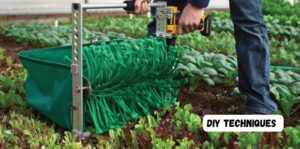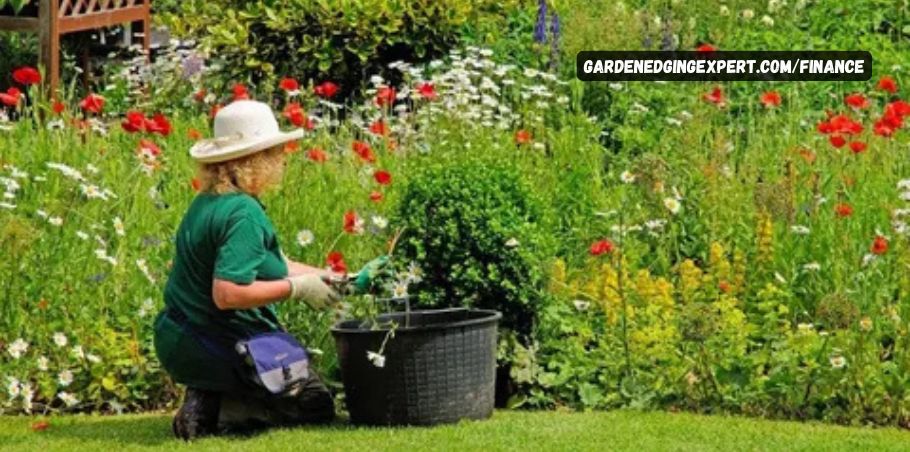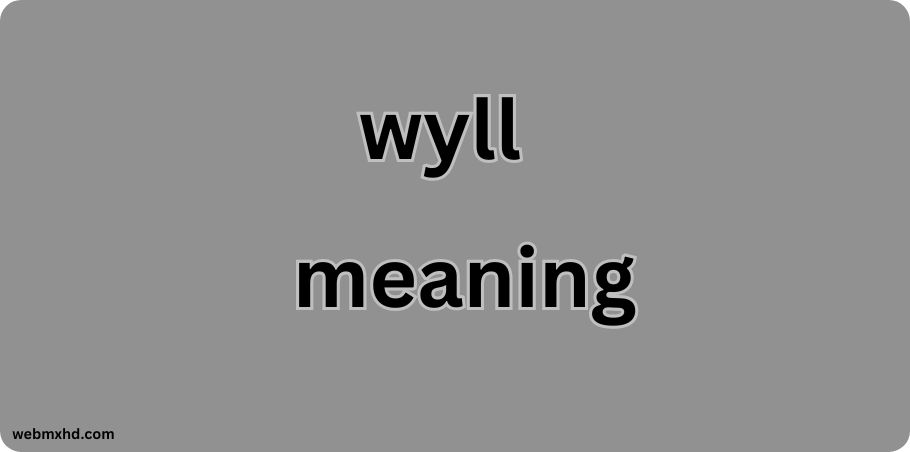Gardenedgingexpert.com/finance without Breaking the Bank: Essential Financial Tips for Gardeners
Gardening can be a rewarding and therapeutic hobby, but it comes with its own set of financial demands. Whether you’re growing a vegetable patch, creating a flower garden, or maintaining a lush lawn, managing the expenses can become a challenge. In this guide, we’ll cover a variety of tips and strategies to help you enjoy gardenedgingexpert.com/finance without breaking the bank.
Budgeting for Your Garden
Setting a budget for your garden is crucial for keeping your finances in check. Start by outlining the essentials: tools, seeds, soil, and fertilizers. Once you have a budget in place, track your expenses to ensure you’re staying on target.
Understanding the Costs of Gardening
Garden expenses can vary greatly. Key costs include tools, seeds, soil amendments, and water. Some costs are one-time investments (like garden tools), while others, like soil and seeds, recur every season. Knowing the difference will help in budgeting effectively.
Saving Strategies for Gardeners
There are many ways to save on gardenedgingexpert.com/finance essentials. Buying in bulk, taking advantage of seasonal sales, and opting for DIY solutions can go a long way. For instance, composting your kitchen scraps saves money on fertilizers.
Investing in Quality Tools
High-quality gardening tools may seem expensive upfront but offer better longevity and performance than cheaper options. Investing wisely in durable tools reduces the need for replacements, making it a more cost-effective approach in the long run.
Prioritizing Purchases
Before buying anything, distinguish between essential and non-essential items. Planning your purchases around end-of-season sales or holiday discounts can help you save even more.
Growing Your Own Plants from Seeds
Growing from seeds instead of buying seedlings or mature plants is cost-effective and rewarding. Starting your own plants from seeds is a great way to save and can provide you with more control over the varieties you grow.
DIY Techniques to Reduce Costs
Homemade solutions, like composting or creating your own fertilizers, can save you money. Composting not only helps reduce waste but provides nutrient-rich material for your plants, while DIY pest control solutions are inexpensive and safe.

Utilizing Community Resources
Community gardens and seed exchanges can be valuable resources for gardeners on a budget. Many communities offer seed banks or plant swaps, providing gardeners with a cost-effective way to access plants and materials.
Cost-Effective Plant Choices
Opting for perennials, which regrow every year, over annuals, which need replanting each season, can save you a lot in the long term. Low-maintenance plants are also easier on the wallet and reduce the need for expensive care.
Energy-Efficient Watering Solutions
Implementing a rainwater collection system is an eco-friendly and cost-effective way to reduce water expenses. Efficient watering techniques, like using a drip system or watering early in the morning, can also help reduce costs.
Garden Edging on a Budget
Edging materials can quickly add up. Consider affordable options like stones, bricks, or even recycled materials to create a neat, finished look without overspending.
Tracking and Analyzing Your Spending
It’s easy to lose track of gardening expenses. Keeping a simple record of purchases helps you stay on budget and identify areas where you can cut back if necessary.
Financial Benefits of Gardening
Growing your own vegetables and herbs can lower your grocery bill, while the physical and mental benefits of gardenedgingexpert.com/finance can reduce healthcare costs in the long run. Gardening is a sustainable hobby with numerous financial upsides.
FAQs About gardenedgingexpert.com/finance
How can I start a garden on a low budget?
Start small, use seeds instead of plants, and take advantage of DIY composting and community resources.
What are the best tools for beginners?
Quality tools like a trowel, pruners, and a watering can are essential; buy durable ones that last longer.
Are there any ways to garden indoors on a budget?
Absolutely! Start with container gardenedgingexpert.com/finance, recycle pots, and choose plants that don’t require expensive grow lights.
How much money can I save by growing my own vegetables?
Depending on what you grow, you can save on grocery costs, especially with high-yield crops like tomatoes and herbs.
Is community gardening cost-effective?
Yes, community gardening can lower costs by providing shared resources, tools, and sometimes even free plants.
Conclusion
Gardening doesn’t have to be an expensive endeavor. By budgeting, prioritizing, and utilizing community resources, you can create a thriving garden without overspending. Remember, the most rewarding part of gardenedgingexpert.com/finance is the joy it brings—and that’s priceless.
If you gained new insights from this article, explore our blog, Gimkit, for more enlightening content.
Share this content:





Post Comment